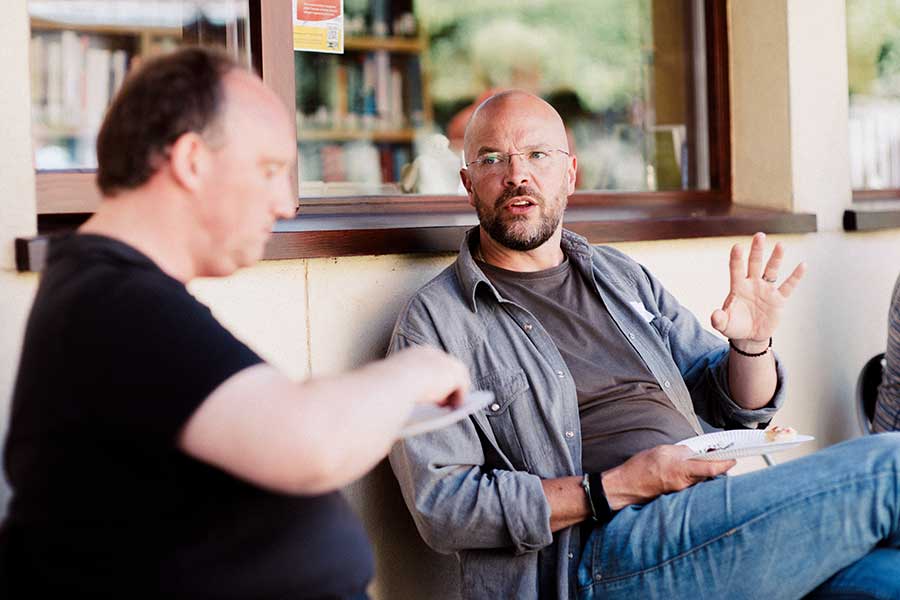Certificate of Higher Education in Theology, Ministry and Mission
This course offers you an accessible and spiritually rewarding way to begin your university-level studies with confidence.
You can study at our central London or Kent campus or entirely online.
Independent student Anthony chats about exploring his vocation through studying at St Augustine’s.
About the course
The Certificate of Higher Education (CertHE) in Theology, Ministry and Mission allows you to explore the exciting and spiritually engaging world of theological study.
You can study at our picturesque West Malling campus in rural Kent, our central London campus, or 100% online.
Validated by Durham University, this course will help you establish your skills in theological reflection. You’ll learn with fellow students, exchanging ideas to enrich your learning experience.
Over one or two years, you’ll develop your own faith-based perspective on all aspects of daily life.
The Certificate lays the foundation for the Diploma or BA (Hons), allowing you to continue your studies after earning your certificate and converting it into a full degree if you choose.
Find out more about theological study at one of our regular Taster Events.
Frequently asked questions
“Some of my academic studies have been very challenging. Biblical studies blew apart my understanding of the Bible, but the course and the tutors gave me space to reform my view. All the students support and accept one another and the tutors help to nurture your growth. It feels as though everyone around you is rooting for you.”
Mark
St Augustine’s student
Next steps
Take the next step on your journey into studying theology.
Need help or have a question? Contact our admissions team for further assistance.


